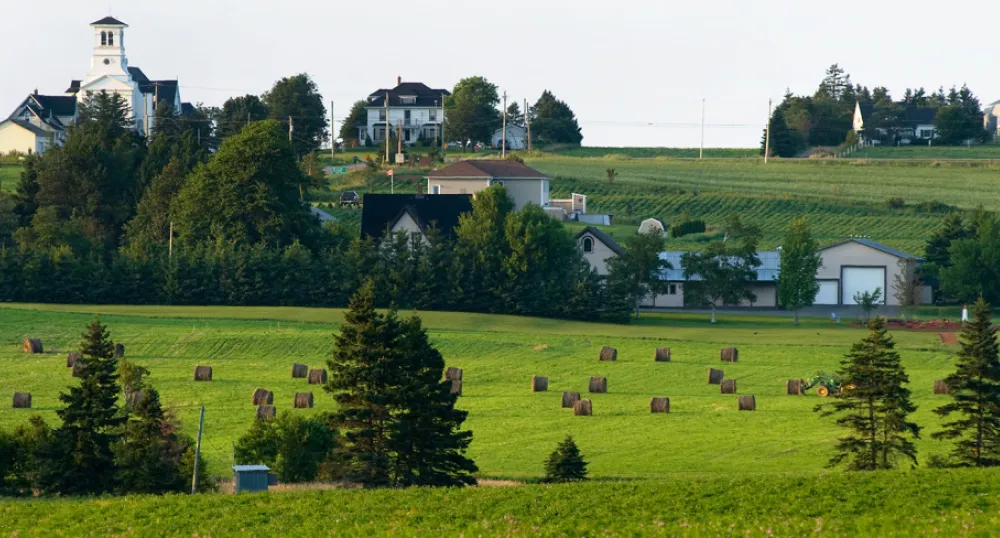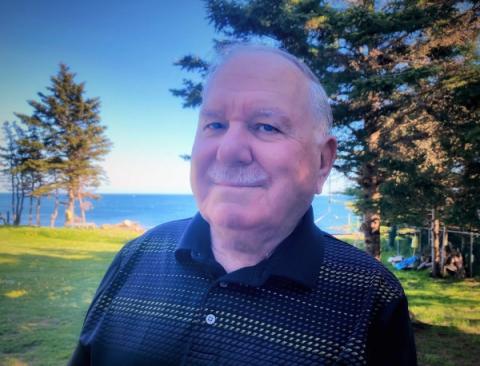‘You gain more than you give’: Rural Communities Council co-chair

Anytime you want to know what’s going on in rural Prince Edward Island, you talk to a rural Islander.
And when government wants to understand how its policies and decisions affect rural Islanders, they can turn to the Rural Communities Council.
“I call it rural-proofing,” says Gerry Gallant, co-chair of the Rural Communities Council (RCC).
“In other words, if the Province comes up with a major decision or policy change, there should be somebody saying, ‘Is this rural-proofed?’”
That includes asking decision-makers questions like: ‘How is this impacting rural PEI? Positively or negatively? Did someone look at this through a rural lens?’
“That’s really our role,” says Gallant. “Giving them feedback.”
Now, with more people moving to rural PEI, that feedback is more important than ever.
“The rural-to-urban population migration of the past is changing. This is a very important and strategic shift.”
And policymakers in government need to be aware of that, he says.
“Transportation is a good example,” says Gallant. “A number of people were thinking about rural PEI when they made the public transit policy.”

It’s that kind of collective decision-making the Rural Communities Council appreciates and works hard to support.
“These are the things that build communities,” says Elmer MacDonald, who also serves as co-chair for the RCC.
If you’re going to attract young people and young families to the community, you have to consider their needs, he says.
MacDonald would like to see more young people become involved in municipal government and community councils.
“They are the future,” he says. “And I have all kinds of faith in the future.”
Having diverse representation on the Council helps provide the best feedback to government, says MacDonald. Regardless of age, race, or gender.
“If you’re a member of the council, I’m interested in your point of view as an individual.”
That’s how people learn from one another, he says.
And that’s how the Council helps inform and guide decision-makers.
“We haven’t seen sensitivity to rural issues before like we do now,” says Gallant.
He says the perceived urban-rural divide is quickly becoming a thing of the past.
“We’ve all figured out that if rural PEI doesn’t prosper, urban PEI doesn’t prosper.”
That’s why the mandate of the Rural Communities Council encompasses many of the same issues that affect urban PEI – the environment, residents, wellness, development, and economic opportunities.
We want to leave PEI better than how it was when we came, says MacDonald.
He cares about his neighbours, his community, and rural PEI – which is why he considers it “an honour” to be co-chair of the RCC.
“It’s a good place to live. And it’s a wonderful opportunity to be a part of things that are going on.”
As a council member, you learn a lot through meeting and listening to others, he says.
“Most of the time, you gain more than you give.”
Both MacDonald and Gallant encourage anyone with an interest in their community to consider applying for the Rural Community Council or other municipal councils.
“If you’ve got good ideas about rural PEI, about rural development and rural sustainability, come to the table,” says Gallant.
Everybody on the council is there for right reasons, he says – for rural Prince Edward Island.
“Because it’s important.”
Learn more about the Rural Communities Council.
If you would like to serve as a member of a provincial government agency, board, or commission, apply online through Engage PEI.
